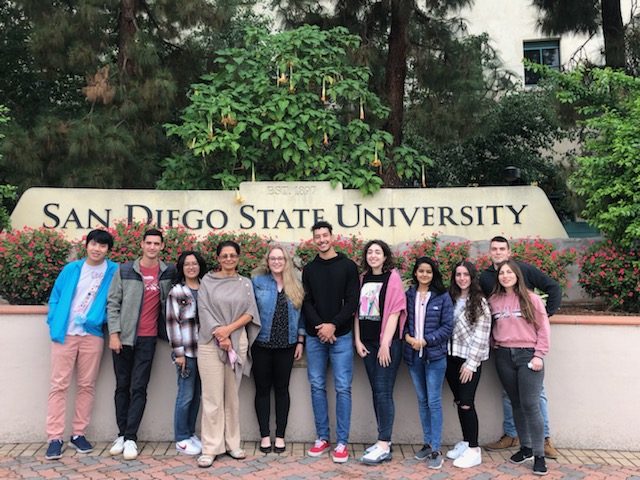
Research in the Swairjo lab focuses on tRNA biogenesis processes and their links to human disease. tRNA is an ancient molecule that evolved to be the adapter between amino acids and codons, thus mediating the translation of the genetic code. The coding properties of tRNA do not reside only in its primary sequence. Post-transcriptional nucleoside modification, particularly in the anticodon-stem loop region of tRNA, are required for cognate and/or wobble codon recognition and translocation, they enhance aminoacylation properties of tRNA, and prevent ribosomal frameshifting. Deficiencies in tRNA modifications cause a variety of diseases, e.g. hereditary human mitochondrial disease, and modified nucleosides serve as sensitive human cancer markers. Most significantly, modifications of the anticodon-stem loop have been implicated in viral replication as several retroviruses rely on modifications of host cell tRNA for virulence or to replicate.
The Swairjo lab is focused on elucidating the biosynthesis pathways of three modified tRNA nucleosides: queuosine (Q), archaeosine (G+), and threonylcarbamoyl adenosine (t6A). Studying these pathways in model microbial systems, in which some of the genes involved are essential, has led to the discovery of several new potential antimicrobial drug targets, as well as new enzymatic mechanisms and unprecedented chemistries such as biological nitrile reduction and amidation. Our approach combines biochemical analysis with enzymology and structural methods such as X-ray crystallography, cryo-electron microscopy, and structural bioinformatics, all complemented by collaborations with geneticists, synthetic chemists and mathematical biologists.
